Invoicing of VAT in the European Union
In the European Union, the VAT
system is based on both national and European legislation. The calculation of the amount of VAT thus becomes complex. It is then preferable to call an experienced attorney such as TEVEA International.
The information that must appear on the invoice
The VAT issue within the framework of the European Union can take place within the framework of intra-Community transactions. Today, companies can register for VAT in the European Union (EU)
countries in order to facilitate tax procedures relating to VAT. However, in order to ensure compliance and facilitate declarations, all relevant information on the invoice must be mentioned. Important notions to mention include:
- Name and address of the supplier
- Name and address of the acquirer / client
- Date and sequential number of invoice
- Description of goods: nature, quantity, unit price
- Date of payment if prior to the date of sale
- Delivery date if different from invoice date
- Amounts of possible discounts
- Amount of invoice excluding taxes, amount of postage, VAT rate and invoiced amount of the invoice
In a case of self-liquidation of VAT, this regime is also to be notified on the appropriate declarations.
Who is owed and what rate to apply?
A distinction must be made between whether the intra-Community transaction relates to a good or a supply of services on the one hand and whether the transaction is an intra-Community supply or acquisition on the other.
As regards sales between taxable persons, the supplier is generally liable for VAT, except in the event of a reverse charge or reversal of the taxpayer's liability.
Regarding the provision of services, excluding derogations, B2B transactions will be taxed on the applicable VAT is that of the paying country. The B2C service provision, the place of taxation will generally be the place of the country providing the service.
Attention is drawn to the fact that the concept of a permanent establishment plays a major role in intra-Community transactions.
Certain transactions, such as distance sales, which take place between EU countries
and France or vice versa, represent a departure from this principle of the place of taxation of VAT. A threshold set by decree is regularly revised. So you have to stay up to date to be in compliance.
Calculate, declare and recover VAT
To carry out transactions subject to VAT in the countries of the European Union, it is more interesting to appoint an agent to ensure an effective intervention.
First, it will take care of getting you the VAT number. He can then take care of the accounting for your taxable transactions in the client country in anticipation of the tax returns to be carried out. Finally, it calculates your VAT credit and submits the claims for reimbursement. This last aspect is particularly important because the slightest error will lead to the rejection of your file, causing sometimes considerable losses.
TEVEA International
supports EU companies in their VAT compliance and executes the reporting obligations as agents.



